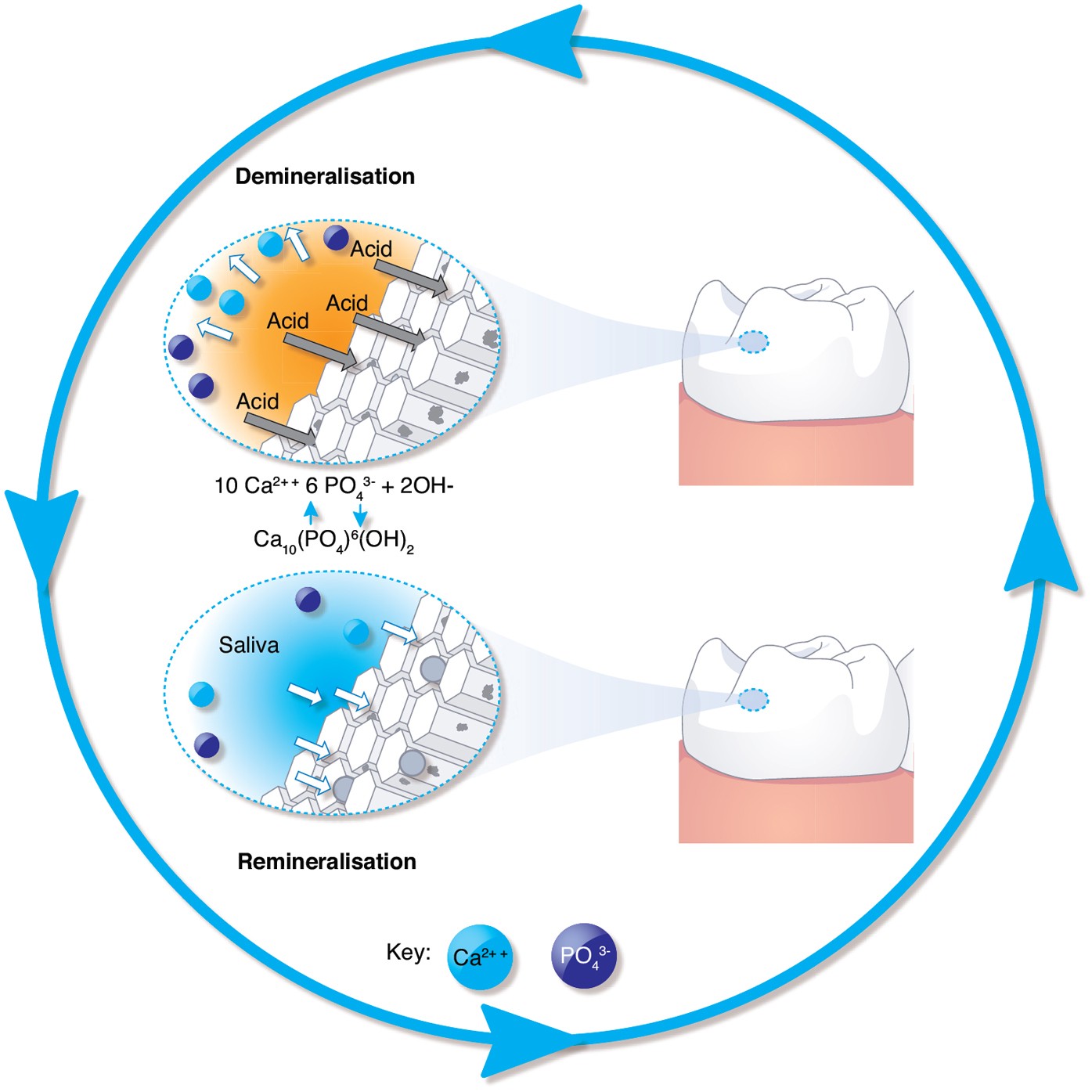What is the Role of Saliva in the Digestion of Food : Healthy Hub
What is the Role of Saliva in the Digestion of Food
Introduction:
When we think about digestion, our minds often wander to the stomach and intestines. However, there's an unsung hero in the digestive process that plays a vital role right from the very beginning: saliva. Saliva may seem inconsequential, but its impact on digestion is substantial. In this article, we will dive deep into the process of salivary digestion and explore the crucial role saliva plays in breaking down food.
The Composition of Saliva:
Saliva is a clear and watery fluid produced by the salivary glands present in our mouths. It consists of 98% water, with the remaining 2% containing important substances like electrolytes, mucus, enzymes, antibacterial compounds, and antibodies. These components work together to initiate the process of digestion.
The Process of Salivary Digestion:
a. Moistening and Lubrication: The first and most apparent role of saliva is to moisten the food we consume, making it easier to chew and swallow. It helps in creating a food bolus, a softened mass that can be easily swallowed, preventing any discomfort or damage to the esophagus.
b. Enzymatic Action: Saliva contains enzymes, primarily amylase, which initiates the digestion of complex carbohydrates. Amylase begins breaking down starch molecules into simpler sugars like maltose. This process begins in the mouth itself, allowing for the initial digestion of carbohydrates before they even reach the stomach.
c. Taste and Sensory Perception: Saliva plays a crucial role in taste perception. The presence of saliva helps dissolve food particles, allowing taste buds on our tongues to detect flavors more effectively. The saliva carries these dissolved particles to the taste receptors, enhancing our ability to savor and enjoy our meals.
d. Antimicrobial Action: Saliva contains antimicrobial compounds and antibodies that help protect our oral cavity from harmful bacteria and viruses. These substances help prevent infections and maintain oral health, creating a favorable environment for digestion.
Swallowing and Esophageal Lubrication:
Once food is sufficiently chewed and mixed with saliva, the process of swallowing begins. As we swallow, the food bolus moves down the esophagus. Saliva acts as a lubricant, easing the passage of food through the esophagus and into the stomach. This smooth movement prevents any damage or irritation to the esophageal lining.
Conclusion:
Saliva, often overlooked in discussions about digestion, plays an integral role in the breakdown of food right from the moment we take the first bite. Its composition, enzymatic action, lubrication, and antimicrobial properties all contribute to the efficient digestion process. Appreciating the role of saliva reminds us to chew our food thoroughly, allowing ample time for saliva to mix and initiate digestion. So, the next time you enjoy a meal, remember to thank your saliva for its unsung heroics in keeping your digestive system running smoothly.




Post a Comment